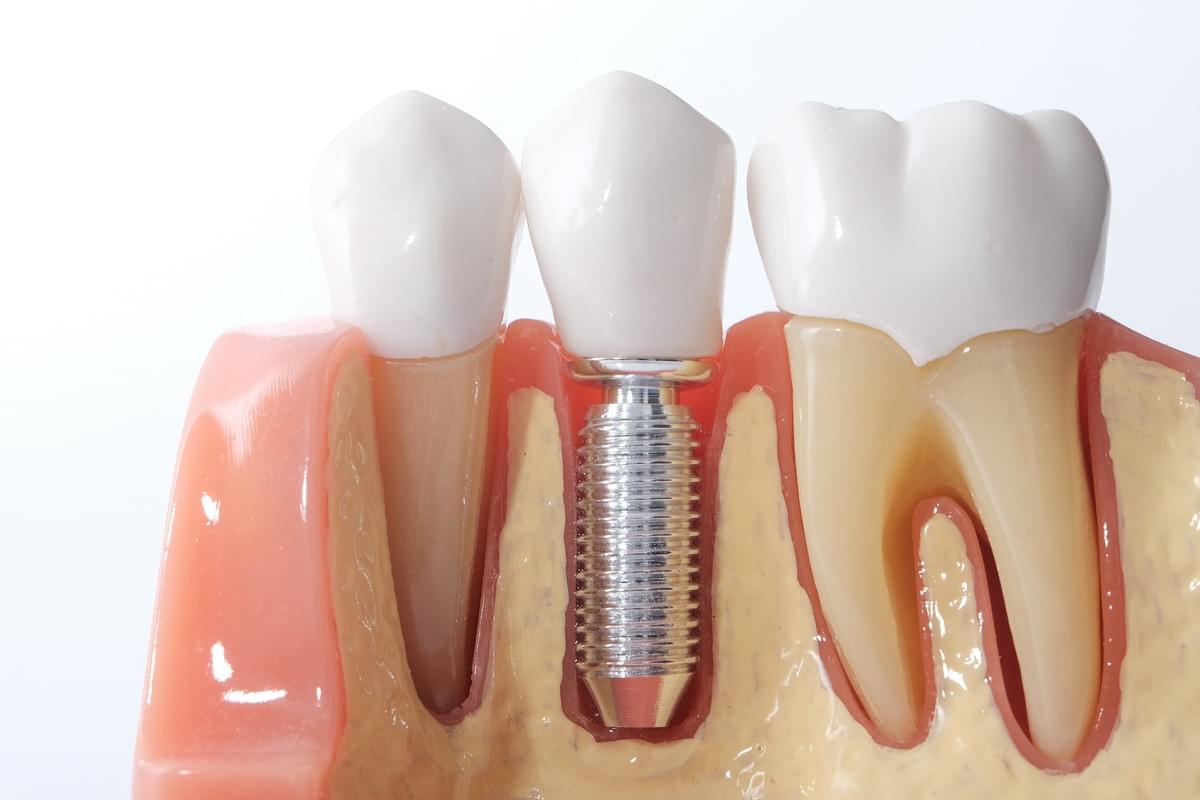
Before you get dental implants, you should follow certain hygiene rules and follow the post-op instructions closely. Your dental professional may also prescribe pain relievers to reduce discomfort during the procedure. You should also avoid smoking for several days after the procedure as it can negatively impact the healing of your gums. Sutures are placed to hold the implants in place while the gums heal. Your dentist will remove these stitches after the healing process is complete, so you can eat soft foods again. Single-stage dental implants, on the other hand, involve placing the implant into the jaw bone and stitching gum tissue. After the gum tissue heals, a temporary restoration is attached to the implant head. The other type of implant is called a subperiosteal implant. Read more here about dental implants.
This type of implant is placed within the gum tissue without exposing the metal implant post. These implants were previously used to hold dentures in patients with insufficient bone height. Two types of surgical approaches are used to place dental implants. The first is called the immediate-restoration technique, and involves placing the implant body in the bone socket of the missing tooth. A permanent restoration is then placed on top of the implant. After the implant is placed, the patient may have to undergo a few weeks of recovery before the final crown is attached. If the process is successful, the implant is a permanent solution. During the healing process, the implant body will be shaped to fit into the socket of the missing tooth.
The success rate of dental implants depends on several factors, including bone density, gum health, and how they are placed into the jaw. If your dental implant is placed correctly, there is a 98% success rate. However, there is always a risk of infection or damage to other teeth that may occur. The process may also cause nerve damage or prolonged bleeding. You should be aware of the risks associated with dental implants, which is why it is important to visit a dentist regularly and practice good oral hygiene. Visit https://montclairdentalspanj.com/montclair-nj/dental-implants/ to book an appointment with a dentist. In some cases, the procedure is called multiple implants, and is best for patients who are missing more than one tooth. The multiple implant method, called "all-on-four" by Nobel Biocare, involves placing four dental implants in a single arch.
These are placed in areas of strong bone, and the replacement tooth attaches to these implants. If your teeth are missing one by two, a full mouth/arch procedure may be more appropriate. In addition to providing a new smile, dental implants can preserve your jaw bone. Unlike a tooth-supported bridge, implants do not alter the adjacent teeth. The best results can be achieved when you have adequate bone density and are in good overall health. Furthermore, dental implants can also preserve your jawbone, reducing bone resorption. And the best part is that they will improve your oral health and your confidence. And because you can chew with them, you'll have better oral health, as well as your self-esteem. To get more knowledge about this post, visit: https://www.encyclopedia.com/medicine/divisions-diagnostics-and-procedures/medicine/dental-implants.